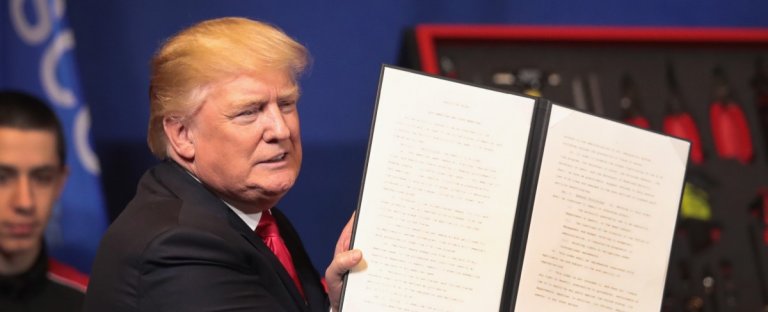
H-1B visa holders and applicants can expect more challenges in the future as the Trump administration continues its siege on the popular H-1B visa program.
Homeland Secretary Kirstjen Nielsen told members of the Senate Judiciary Committee that while the Department of Homeland Security (DHS) has increased measures to detect employment-based visa fraud and abuse, certain non-immigrant visas need reform to protect American workers.
The DHS is “reviewing current guidance and regulation” and are “seeking to work” with Congress to come up with “legislative changes” for the H-1B visa programme so “more protection” can be provided to the US workforce, according to Nielsen.
H-1B should attract best talent, says US government official https://t.co/cT6MVJeDZT via @gadgetsnow pic.twitter.com/PVElUmVJU9
— Times of India (@timesofindia) December 21, 2018
The H-1B visa program allows US companies to temporarily employ foreign graduates in specialty occupations, such as those requiring highly specialised theoretical and practical application in fields such as science, engineering, and information technology. Applicants must possess a bachelor’s degree or higher in the specific specialty, or its equivalent.
The visa is valid for three years, and then renewable for another three years, thus clearing a path to citizenship, making it most attractive to students intending to make a life for themselves in the United States after graduation.
However, it is notoriously hard to earn the visa, as only a limited number are given out annually based on a lottery draw.
US President Donald Trump has attacked the visa program since his election campaign, where he had introduced at his rallies laid-off Americans who had been asked to train their foreign replacements. Trump had promised to end such practice.
In April 2017, he signed the Buy American and Hire American Executive Order to fix problems with the H-1B visa program that was deemed to have gone awry, also seeking to end the “theft of American prosperity,” which he said had been brought on by low-wage immigrant labour.
Nielsen reaffirms this in the hearing, stating that government guidance and regulation to protect American workers while also allowing genuine H-1B visa use is a balance “consistent with the statute and President Trump’s priorities”.
“The number of H-1B petitions routinely exceeds the statutory cap, and among that pool of petitions, we should endeavor to select the very best for the privilege of coming to the United States for work.”
We explain the ‘Buy American, Hire American’ policy and how it affects your H-1B visa application @uscis https://t.co/kQwk9QJnBj pic.twitter.com/XgAqxgmJIp
— Study International (@Study_INTNL) June 4, 2018
Earlier this month, the DHS also proposed amendments that would favour applicants with advanced degrees. Each year, there are 65,000 H-1B visas available for workers with bachelor’s degrees (this is known as the “general cap”) and 20,000 for those with master’s degrees or higher (known as the “advanced degree exemption pool”).
Currently, petitions from both of these groups, are filed under the general cap first and the US Citizenship and Immigration Services (USCIS), a component of the DHS, selects petitions to be in included in the draw to fill this cap first before selecting from those remaining for the advanced degree exemption pool. The proposal will reverse this order.
“Changing the order in which USCIS counts these separate allocations would likely increase the number of beneficiaries with a master’s or higher degree from a US institution of higher education to be selected for further processing under the H-1B allocations,” according to the DHS notice.
Liked this? Then you’ll love…
Proposal for H-1B visas to favour advanced US degrees underway







